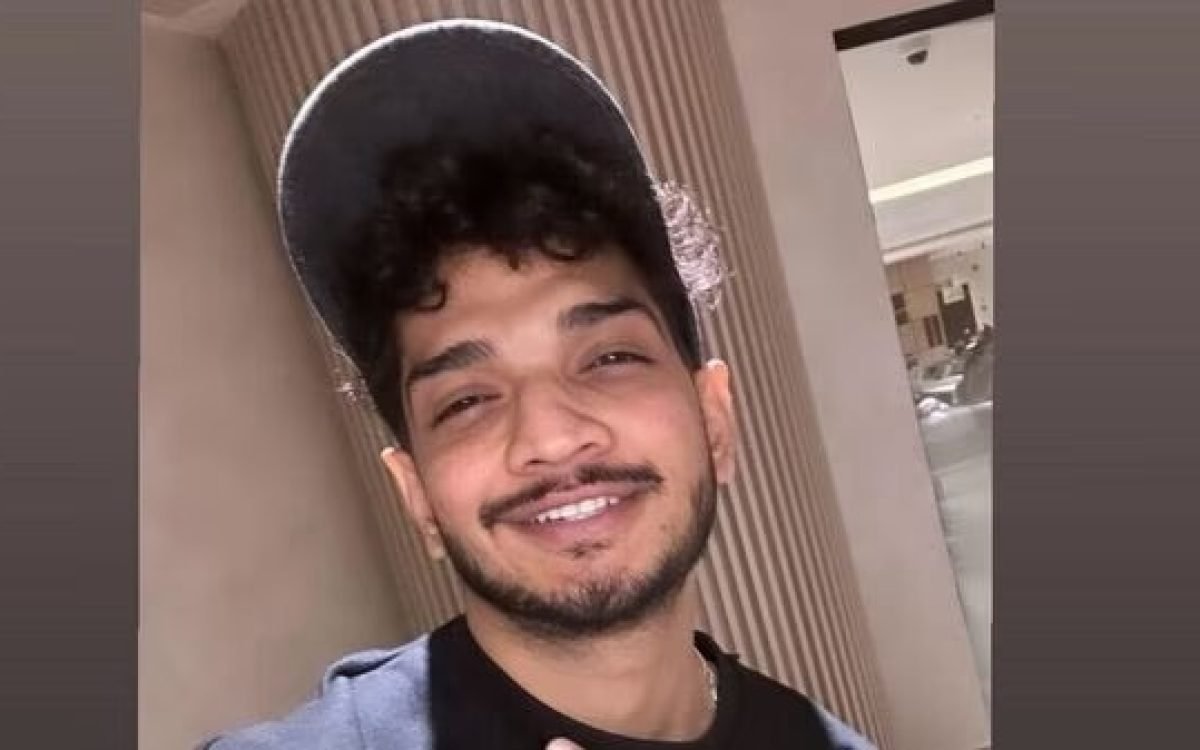Stand-up comedian Munawar Faruqui, who rose to fame as the winner of Bigg Boss 17, recently found himself in the midst of controversy following his detention by the Mumbai Police during a raid in south Mumbai. Faruqui’s first update after his release, where he mentioned being “tired and travelling,” hints at the ordeal he went through, raising questions about the boundaries of freedom of expression and the treatment of artists in India.
The incident unfolded when Faruqui and several others were detained for allegedly smoking hookahs during a raid. Despite being released later, the fact that they were booked under various sections of the Indian Penal Code and the Cigarettes and Other Tobacco Products Act raises concerns about the arbitrary use of legal provisions to stifle dissent and artistic expression.
While the police claim to have found evidence of Faruqui and others smoking hookahs, the nature of their detention and the subsequent charges suggest a potential overreach of authority. The inclusion of sections such as endangering life or obstructing public ways seems disproportionate to the alleged offense, prompting speculation about ulterior motives behind the crackdown.
Moreover, the timing of Faruqui’s detention raises questions about the targeting of individuals based on their profession or political affiliations. As a stand-up comedian known for his satirical commentary on social and political issues, Faruqui has often courted controversy, but his detention underscores the broader threats faced by artists and comedians who dare to challenge the status quo.
The case of Munawar Faruqui highlights the delicate balance between freedom of expression and societal norms, especially in a country like India with a diverse cultural landscape and complex socio-political dynamics. While it is essential to respect the rule of law and uphold public safety, it is equally crucial to safeguard the rights of individuals to express themselves freely, even if their views may be contentious or provocative.
As the dust settles on this incident, it is imperative for authorities to ensure transparency and fairness in their actions, avoiding any semblance of censorship or intimidation. Artists like Munawar Faruqui play a vital role in shaping public discourse and challenging conventional wisdom, and their rights must be protected to uphold the principles of democracy and pluralism in India.









